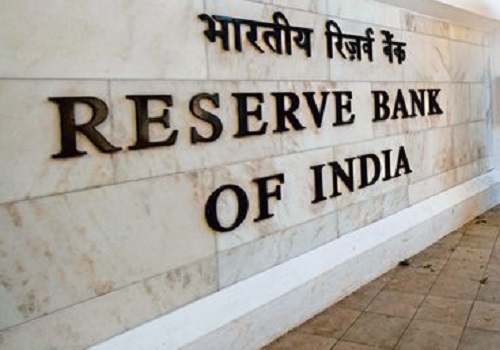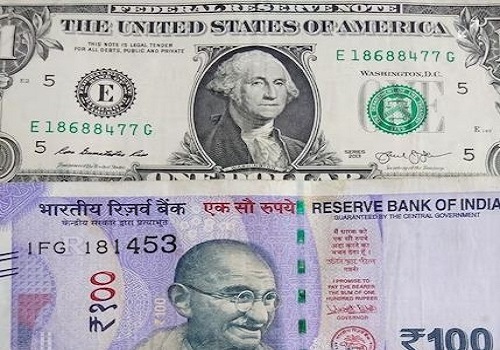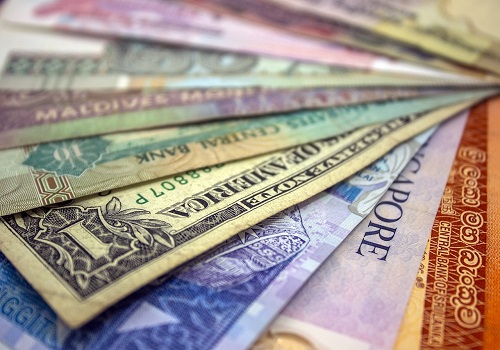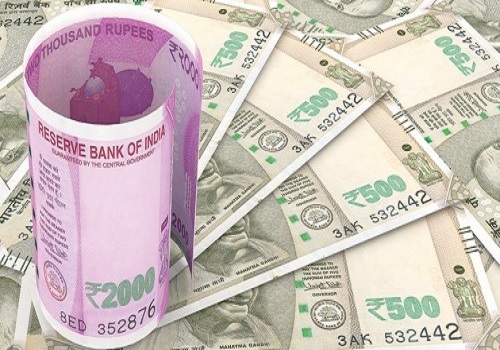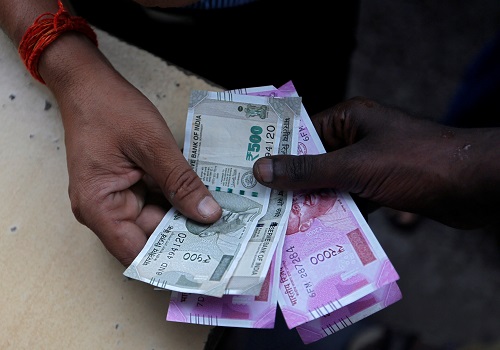Dollar eases ahead of key U.S. inflation data
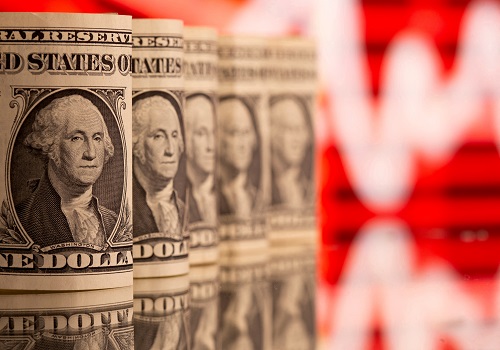
Follow us Now on Telegram ! Get daily 10 - 12 important updates on Business, Finance and Investment. Join our Telegram Channel
The dollar eased further on Tuesday ahead of U.S. inflation data that could show some signs of softening, while the euro found its footing above parity on hawkish comments from policymakers that rates would need to increase further.
The dollar index, which measures the greenback against a basket of six currencies including the euro, eased 0.2% to 108.06, after falling 0.7% on Monday, the largest daily decline since August 10.
The euro rose 0.2% to $1.01405, after hitting a nearly one-month high of $1.0198 in the previous session.
The yen likewise eked out gains and last traded 0.4% higher at 142.29 per dollar, helped by comments from officials signalling the government could take steps to counter excessive yen weakness.
U.S. inflation figures are due at 1230 GMT and the consensus is for the core consumer price index to have risen 0.3% month-on-month in August, unchanged from July. Headline inflation is expected to decline 0.1% month-on-month.
Recent dollar gains have slowed on market expectations that peaking inflation will mean less aggressive interest rate hikes from the Federal Reserve.
"I think the Fed will hike by 75 basis points even if it is a soft number," said Niels Christensen, chief analyst at Nordea. "But they then might say it's time to slow the pace."
"(Federal Reserve Chair) Jerome Powell was quite firm when he spoke last week. He made it very clear that they will fight inflation."
Fed funds futures are fully pricing in a half point rate rise at next week's Federal Open Market Committee meeting and currently imply an 89% chance of a 75 bp increase.
The euro has enjoyed a respite above parity due to hawkish noises from the European Central Bank. Last week, five sources close to the matter said Europe's benchmark rate could rise to 2% or beyond to tame inflation.
On Tuesday, German harmonised inflation was confirmed at 8.8% in August, unrevised from the preliminary reading. Spanish consumer prices rose 10.5% year-on-year in August, slightly higher than the flash estimate.
Eyes were also on the gas situation in Europe, with the front month Dutch gas delivery contract, the benchmark for Europe, lower by another 4% on Tuesday and down by almost 46% from its peak in August.
"The decline in gas prices is one more reason for the bounce in the euro," Nordea's Christensen said, although he believes the recent strength to be short-lived as near-term tailwinds for the single currency fade.
"The situation would improve for the euro if gas prices were to move even further down, but we have to see that materialising to change our view," Christensen added, expecting the euro to fall to $0.95 towards the end of the year.
Meanwhile, sterling rose to a two-week high against the dollar after the British jobless rate dropped to its lowest level since 1974 at 3.6%. The pound was last up 0.3% at $1.1718.





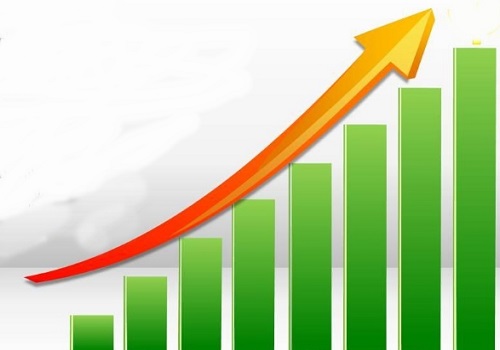
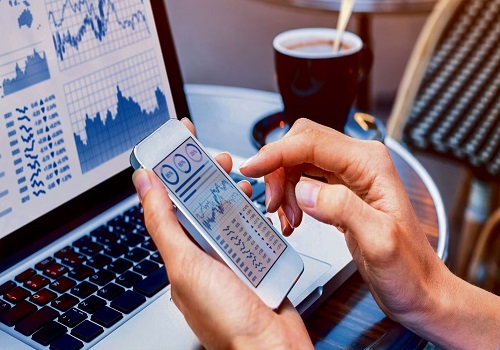





 320-x-100_uti_gold.jpg" alt="Advertisement">
320-x-100_uti_gold.jpg" alt="Advertisement">








